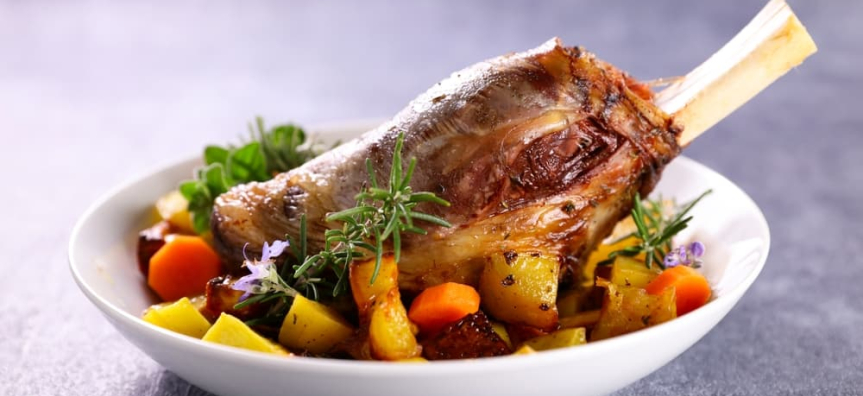
Easter is a time to celebrate with family, friends and food. But with many of us going catering crazy, much of this food ends up being wasted.
The average household throws 265 kgs of food waste away each year, spending $2,500 per year on food we don’t use. In landfill it creates methane, a toxic greenhouse gas.
Here are 5 tips to help your holiday festivities be better for the planet and your bank account:
Perfect planning
Plan numbers and meals to avoid over-buying. Stock check your pantry and make a shopping list to help stick to the plan. Better still, order online for a temptation-free shop. Plan for the unexpected and leave gaps in your meal plan for those holiday surprises and leftovers.
Fridge and freezer are your friends
With a full fridge, set the temperature between 0 and 5 degrees Celsius to extend food life by three days. Keep fruit in the fridge, store veggies in damp cotton and freeze bread and hot cross buns to defrost when you need.
Organise your fridge with eat-faster items up front and involve the entire household in the new plan.
Love your leftovers
A microwave-heat-up or a leftover makeover saves excess food from the bin. Portion leftovers into easy-to-grab airtight containers, labelling them for easy fridge and freezer access.
Buy local or grow local
Local, seasonal ingredients are kinder on your wallet and because they travel less, have a lower carbon footprint than foods.
Plus they’ll also be a lot fresher and last longer. Seek out local farmers markets or better still grow your own (for next Easter!)
Scrap it last
Some food waste is unavoidable, but rather than chucking veggie scraps or used tea and coffee, look for ways to keep them out of landfill. Keep a small bin to turn into compost or give to worms. And if you’re not yet doing either (you can learn more here), look for a neighbour who can.
By adopting these handy practices, make this Easter one with less food waste and happy households.
To learn more about ways to avoid food waste, visit our website.
